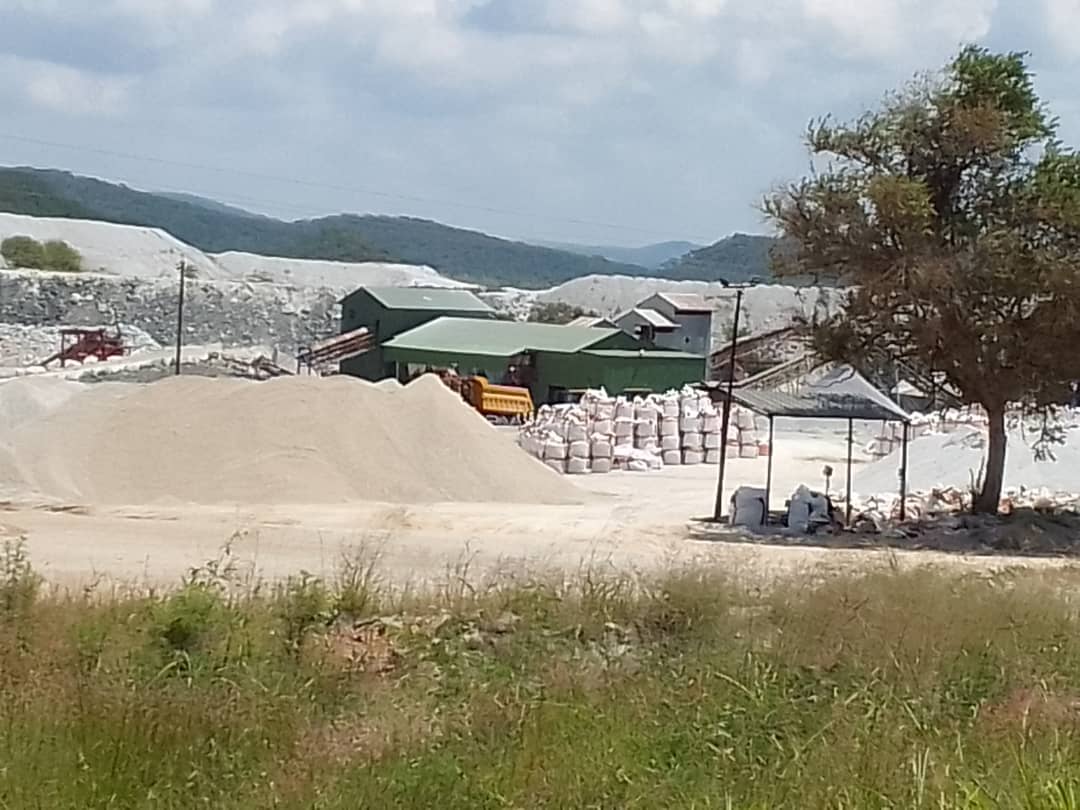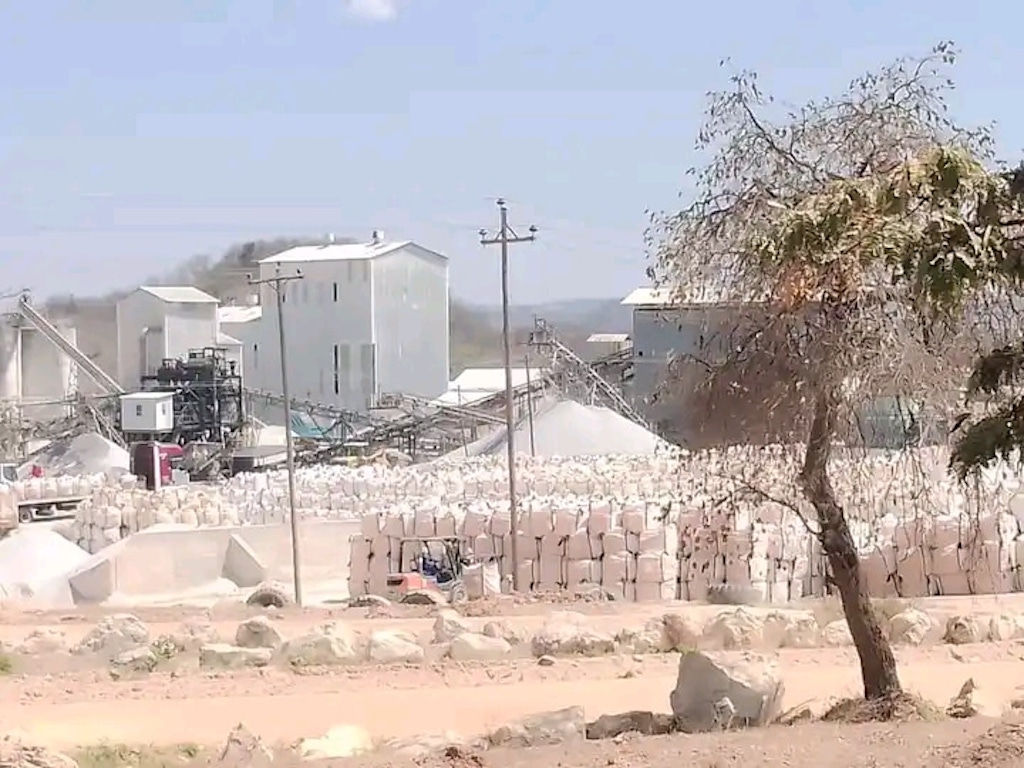EnviroPress Reporter
Zimbabwe, a major lithium producer in Africa, announced on Tuesday, June 10, 2025, that it will ban the export of lithium concentrate from January 2027 to boost local refining and generate more revenue from the value-added mineral.
Speaking at a post-cabinet media briefing, the Minister of Mines and Mining Development, Winston Chitando said Zimbabwe was building capacity to produce battery-grade lithium through two major Chinese-invested companies Bikita Minerals, owned by Sino Mine Resource Group, and Prospect, owned by Zhejiang Huayou Cobalt.
He said the value-added facilities were to process lithium concentrate into lithium sulphate, which is a direct input into lithium battery manufacturing.
“The two major players are in the process of establishing lithium sulphate plants. As a country, we are moving to a stage where we are upgrading our lithium production to lithium sulphate. Because of that capacity which is now in the country, the export of all lithium concentrates will be banned from January 2027,” Chitando said.
The minister urged lithium producers who were yet to invest in value-added facilities to sign tolling agreements with companies that have the processing capacity.
In 2023, Zimbabwe gave lithium miners up to March 2024 to submit plans for developing local refineries but softened its stance after prices of the metal declined.
Sinomine Resource Group and Zhejiang Huayou Cobalt are part of a group of Chinese firms including Yahua Group, Cheng in Lithium Group and Canmax Technologies, that have spent more than US$1billion since 2021 to acquire and develop lithium projects in Zimbabwe.
Zimbabwe has begun exporting lithium concentrates following the 2022 ban on raw lithium ore exports.
Zimbabwe has the largest lithium reserves in Africa, and due to growing global demand for the mineral, which is critical in the clean energy drive, the country has witnessed huge investments in the lithium sector in recent years.








